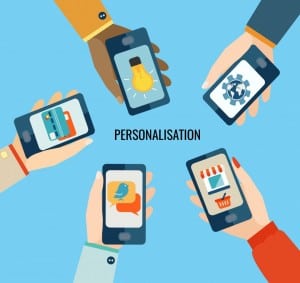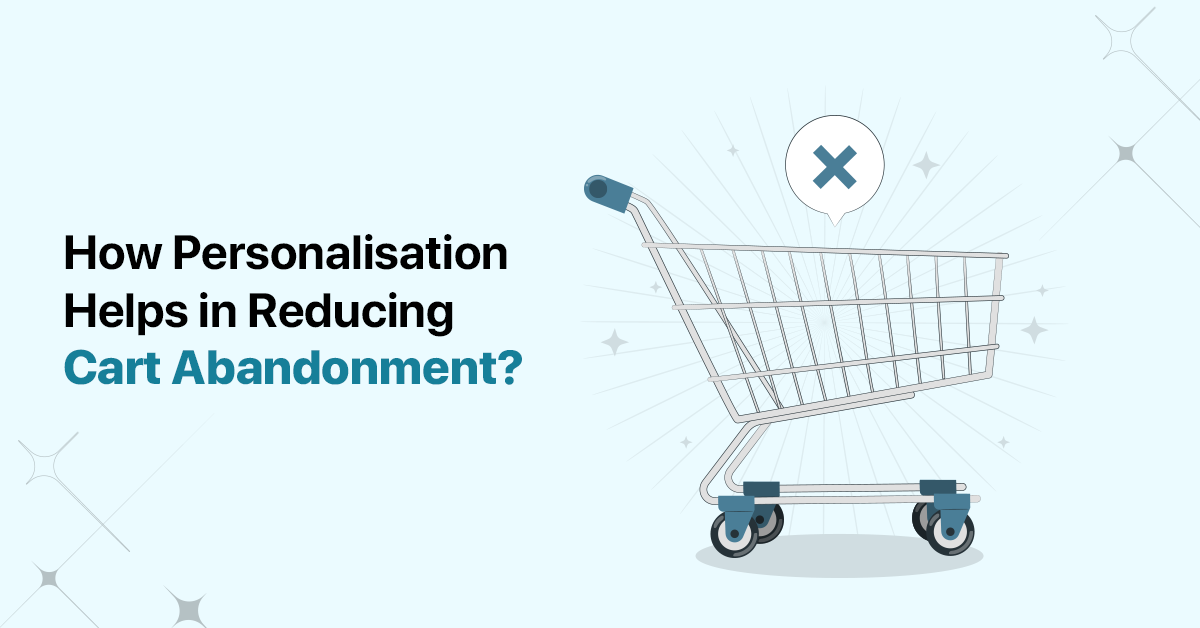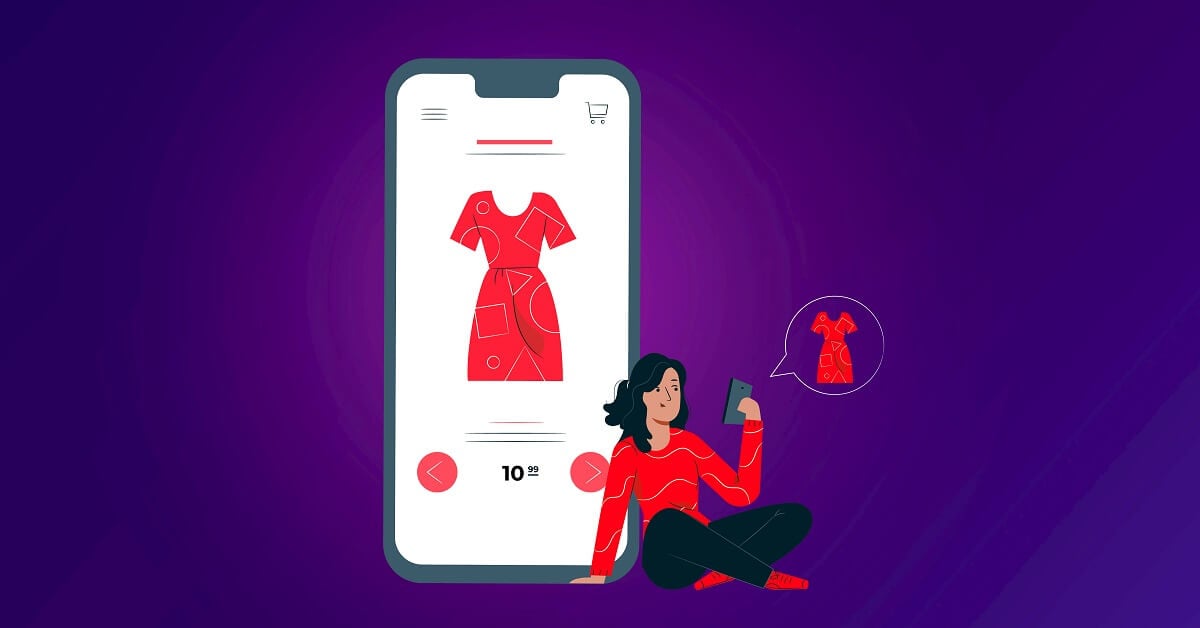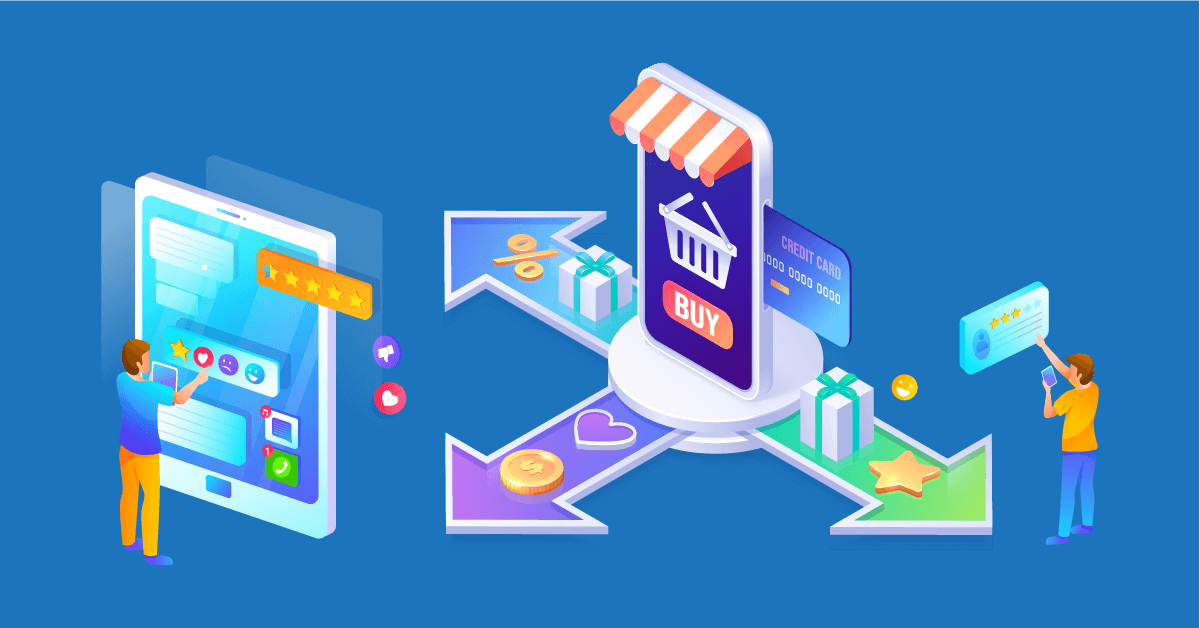A very close friend, who often made business trips to Sri Lanka, preferred to stay in this particular luxury hotel, because he loved their cozy suites, welcoming staff and impeccable service. A few years later, he decided to take a family holiday in Sri Lanka. So, he called the same hotel to book his stay. To his utter amazement, the guest relation officer inquired if he would like the things the way he did – a suite with a sea facing balcony, a full English breakfast at sharp 8:00 am, a scuba diving guide and a fish spa. Needless to say, this ‘tailor-made experience’ turned him into a loyal customer (and an advocate too!) of this hotel forever!
That’s personalization for you. Surprise and delight your customers. Celebrate their uniqueness.

Personalization is about knowing what your customers want and promoting your products & services in the right way, with the right context and at the right time. They will appreciate if you can speak to them on their level, in their language, and about their interests, tastes and preferences. Customers want choices and in today’s marketplace, they have plenty. But, personalization is what can make your brand a competitive and a strategic differentiator in the age of choice overload.

Surprisingly, customers are also aware of how brands are accommodating preferences of every customer and hence, they naturally expect personalization. An Infosys study ‘Rethinking Retail’ reveals an interesting fact – around 86% of customers say that personalization has an impact on what they purchase. So, it’s not only about knowing customers by their first name, gender, age or location, it’s also about how well you know about their personality, lifestyle and real-time buying behaviour.
What Personalization is NOT?
Personalization is not an add-on feature to your product or service. It is a core value that needs to be integrated with your business model. Like Voonik, India’s first stylist hand-picked online store, does. It is a personalization platform which profiles its customers based on their style preferences and body type of the customer through a 30 second quiz. Then, their stylists hand-pick apparels & accessories from across various lifestyle e-commerce stores such as Jabong and Myntra to name a few, to recommend what to wear, how to wear and what to pair it with.
Personalization is not segmentation. Just because your neighbour eats pizza loaded with olive & mushroom toppings and wears Nike shoes doesn’t mean you have the same preferences. Personalization is more than segmenting customers by demographics; it is tailoring needs to every individual.
Personalization is not cross-selling. If you buy a RO water purifier along with a vacuum cleaner, how can you assume your friend will buy the same product combination too? For all that matters, he may just be happy with packaged water and a domestic help for his needs!
While these elements, either as standalone or as a marketing mix, are crucial to customer engagement in their own right, personalization builds a lifetime relationship with your customers. As a result, they will want to keep coming back to you.
Gimmick or Need of the Hour?
Personalization is the buzzword today, but there are some who consider it as a gimmick. The truth is that when done properly, personalized experiences can significantly help you to develop messages that resonate with customers’ sentiments, drive two-way engagement, and create a base of happy, loyal customers.
A survey by Evergage found that 58% of marketers have already embraced personalization and 91% plan to use real-time personalization within the next year.
In case you have doubts about the measurement of personalization and how it affects your ROI (Return On Investment), the same study reveals more. 86% of marketers using data-driven personalization reported a revenue lift and expect increased visitor engagement (78%), improved customer experiences (78%), and increased lead generation (60%).

(Source)
Since you are targeting a select target audience and catering to their individual needs, personalized marketing has a significant positive impact on your ROI.
One of the best examples of driving sales through personalization has been that of Coke’s ‘Share A Coke’ campaign, which featured personalized Coke bottles and cans with the top 250 most popular teen and millennial names in the U.S. Coke witnessed a massive 7% increase in its sales. Not only this, Coke drinkers shared their personalized experiences more than 250,000 times with the hashtag #ShareACoke, making it a huge social media success too.
Personalization Begins with Data
In order to personalize your marketing efforts, you need to capitalize on data. A recent McKinsey study found that the organizations which put data-driven personalization at the centre of marketing and sales decisions improve marketing ROI by 15%-20% or more.
Now, the question is what to do with the tons of data available on fingertips? Well, the answer lies in identifying which and how much data is relevant to gather buying patterns of each individual customer. If you are offering a zero personalization right now, even a little amount of personalization can bring substantial benefits. Gradually, you can move to mining data on a larger basis, and use predictive analysis tools to generate customer insights at a more personalized level.
Personalization in the short run may require you to do hand holding. That is, encourage your customers to navigate their way through the clutter of options. However, in the long run, they will find or choose you on their own because they know they are ‘unique’ and ‘valuable’ to you.













